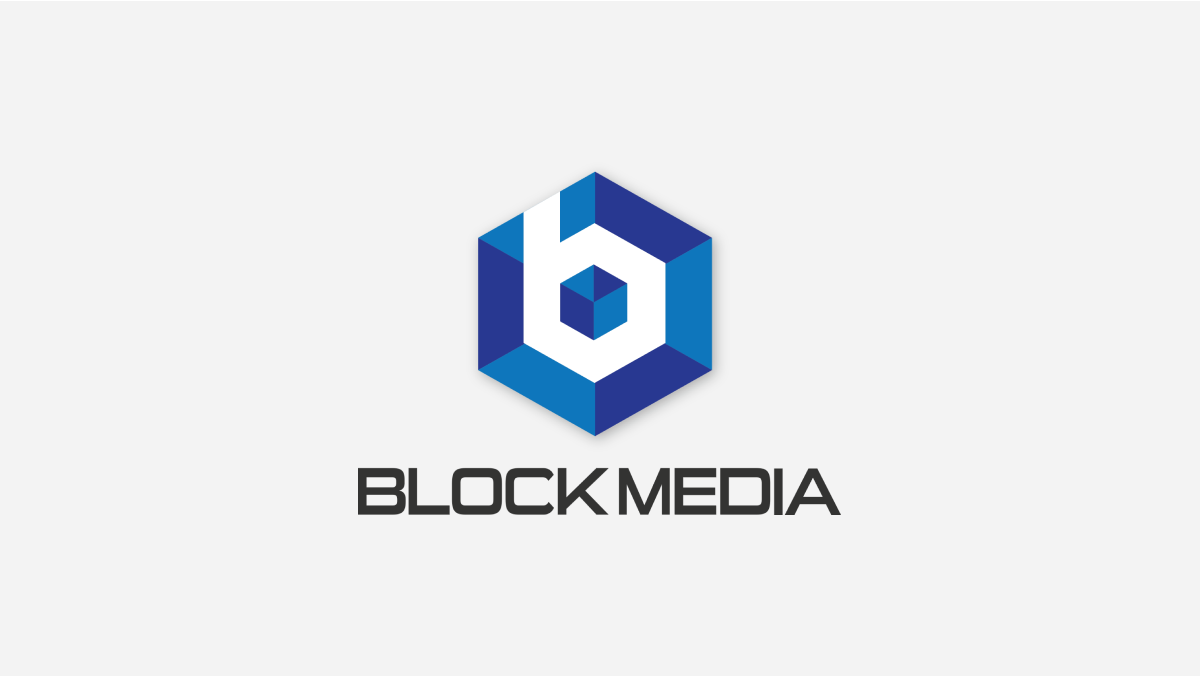The Sejong City will become a model town for Korea’s futuristic community. Inside the city, residents will shop through blockchain-based virtual coin, tentatively called Sejong Coin. Through the blockchain platform, the city will manage water and energy supply.
The Presidential Commission and the Ministry of Land, Infrastructure, and Transportation unveiled the project last week.
It outlined seven innovative services available inside the city. They set mobility, health care, education, and energy & environment as four core projects. These services will become more intelligent and convenient as the city will adopt new technologies such as big data, algorithm, the blockchain, Internet of thing (IOT), and drones.
Autonomous public vehicles will be in operation. Drivers must park their cars before they enter the city, use driverless cars, shared cars and bicycles inside the city. The Bus Rapid Transit (BRT) system will link the smart city to the other neighboring towns. Drivers can look into apps to find vacant parking spaces. Public transportation will be available within 50 meters of parking lots.
AI-based big data analysis will guide drivers to find the least congested roads. Drones will be available for home delivery services and transportation of patients to nearby hospitals, according to the plan. An AI-based robot will work as public caregivers.
At the smart homes, residents can check their health through smart monitoring devices. Temperatures, humidity, and ventilation will be automatically controlled.
Education will be made in an online and offline environment. Robot arms and 3D printers will be used for making things in school. Students will learn to become critical thinkers, write essays and open debates.
The city also adopts energy-saving and environment-friendly construction technologies such as microgrid, smart grid management, microdust ventilation. It sets eye on building zero-energy buildings.
The city will provide incentives to startups, small and big companies when they work together inside the city. Residents will earn income when they provide data to the city.
A KAIST bio and brain engineering professor is to design the blueprint for the construction of a blockchain-based smart city in the part of the city which houses major government ministries.
The government has named KAIST professor Jeong Jae-seong as the master planner for the smart city project.
The government also picked a part of Pusan as its second national model city.




